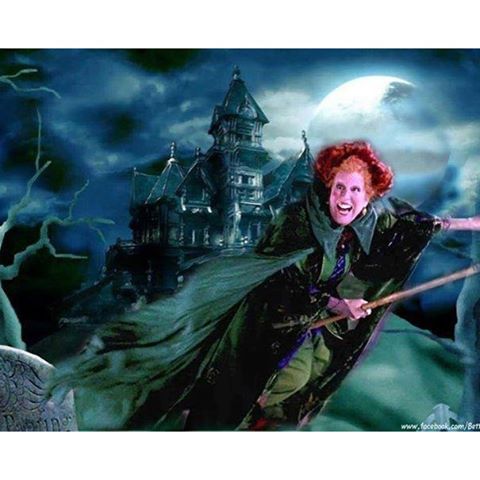An evening of the unexpected…
By JANET MASLIN
c. 1982 N.Y. Times News Service
Thanks largely to the f ancifuhiess of the
Academy of Motion Picture Arts and SciÂ
ences’ voters, this year’s Oscar presentaÂ
tion was the most£xcitlng in recent years. When
the awards show itself is something less than swift
or glamorous, which was certainly the case this
year, it can still come to life if the vothig takes a
sufficiently strange turn.
It became clear midway through the show that
the academy members had been as apt to vote
against certain choices as for others, and that gave
the evening its suspense. Certainly Katharine Hepbum was not named best actress because of any
groundswell among academy members who felt
she needed a fourth Oscar; she won because the
voters lacked enthusiasm for Diane Keaton or
Meryl Streep, the trae leading contenders in that
category.
The best-picture award for “Chariots of Fi r e”
grew out of rebelliousness against “Reds.” That
“Mephlsto” was voted best foreign fOm is a meaÂ
sure of how little the voters liked “Man of Iron,”
which should have been a shoo-in. The choice of
“Genocide” as best documentary seemed a blow
against the more controversial “El Salvador: AnÂ
other Vietnam? “, although it may have been anothÂ
er of the Academy’s traditional wild-card choices.
Ordinarily, these lapses in Judgment are reserved for the best-song category.
The show certainly would have been rocky withÂ
out these surprises. Cretting off to its familiarly
slow start–only three Oscars were awarded durÂ
ing the first hour, compared with 10 in the second, 9
In the third and 4 in overtime–it featured Johnny
Carson as a master of ceremonies who easily
outshone most of the presenters.
Carson’s quips wer« clever (of Warren Beatty’s
multiple nominations: “Warreq, I think that’s
great, something like this could’get you girls”).
What’s more, they were virtually the only qulpi of
the evening. The year’s presenters were mosUy a
humorless bunch, and it wasn’t an excepttoniauy ”¢
star-studded lineup, either. Presenters included
Paul Williams, Chria Atkins, Paula Prentiss, RichÂ
ard Benjamin, Robert Hays, Morgan Fairchlld and
JackValenU.
A bland rendition of the theme from “Ragtime”
was offered by John Schneider, a star of television’s
“The Dukes of Hazzard,” who had neither the voice
nor the movie credits to explain his appearance on
the Oscar show.
On the plus side. Jack Lemmon and Walter
Matthau were on hand to offer a droll, weU-Umed
Introduction to the best-director nominees. And
Bette Midler’s appeara|iM;e, though brief, was Just
long enough to steal the show. It took Miss Midler
about a minute and a half to level most of the mov-.
ies she was called upon to mention, as she present-ed a music award.
Of “For Your Eyes Only,” she declared “and
they weren’t kidding, I couldn’t watch a single ‘
frame,” and “Endless Love” was pronounced an
“endless movie.” Miss Midler m i ^ t have sounded
too disparaging on a better-balanced show but, as .
things were, she was the hit of an otherwise humorÂ
less evening. “Don’t you hate it when presenters
come out here and use this moment for personal
aggrjindlzement? ” asked she. In her case, not at
..all
The same could not be said for the screemncritef
Emest Thompson, who.gave an acceptance speech
that exemplified every^lng that can be wrong with
the Oscar and its winners. With a white scarf
draped around his neck, Thompson congratulated
himself on having h a d’ ‘something to say, and a
burning need to say it,” t h o u^ all he personally
had had to say was contained in the screenplay for
“On GbJdep Pond.” Thompson beat Harold Pinter
for the best adaptation award, which was only one
of the evening’s many Ironies, Another was the orÂ
chestra’s playing “The Internationale” at this most
ail-American of events every time “Reds” won a
prize.







